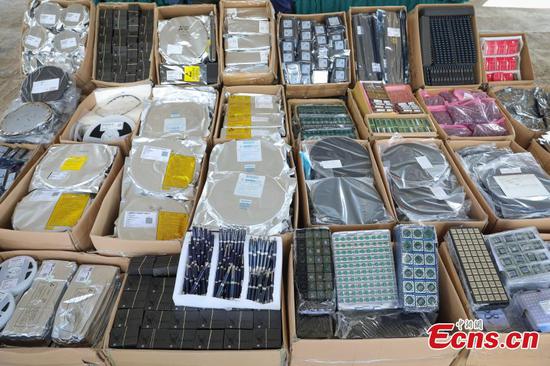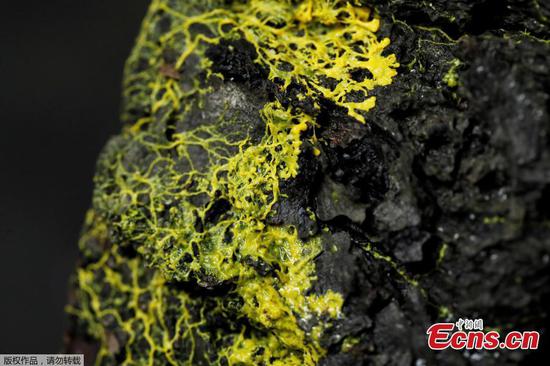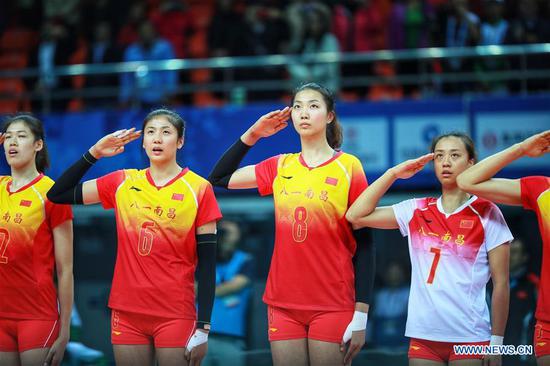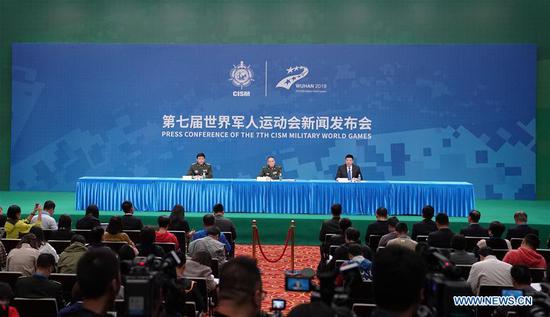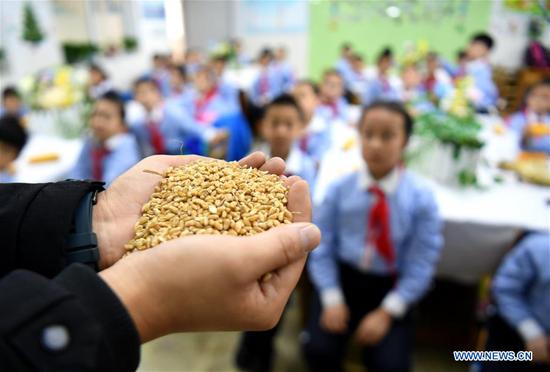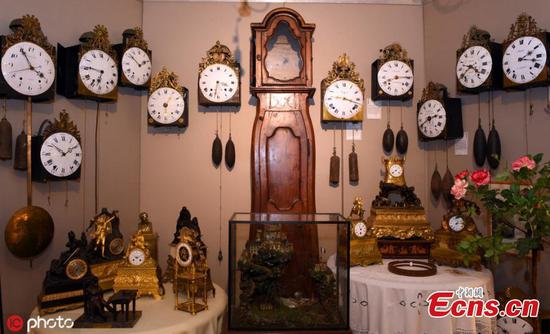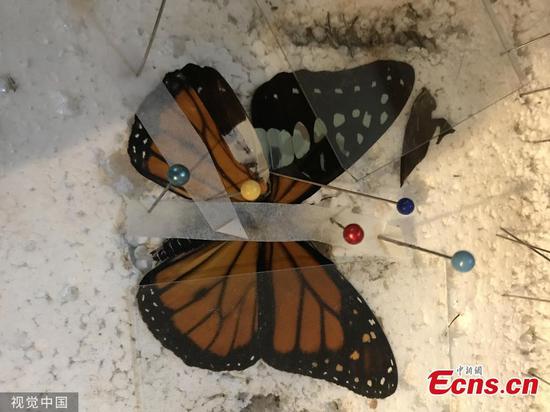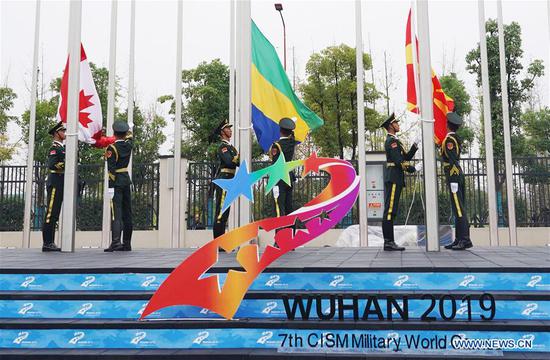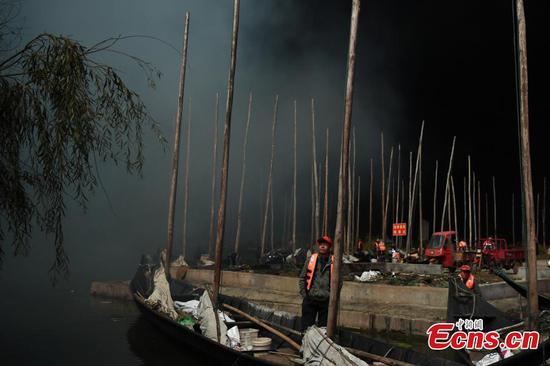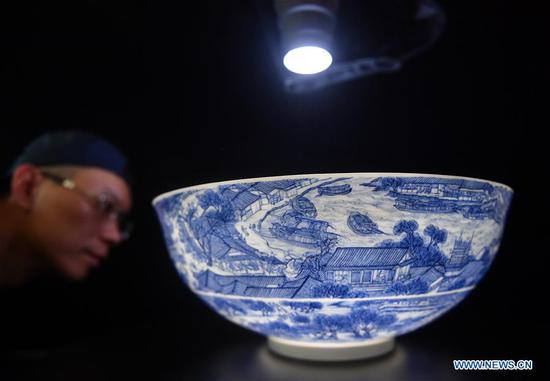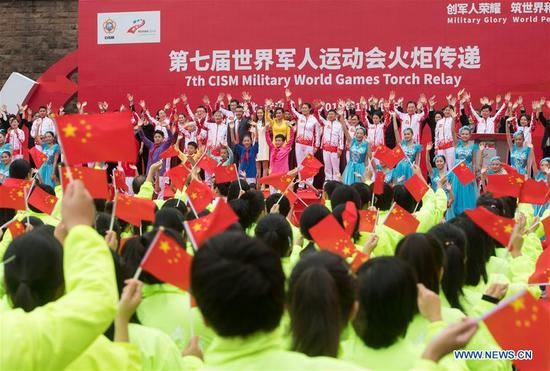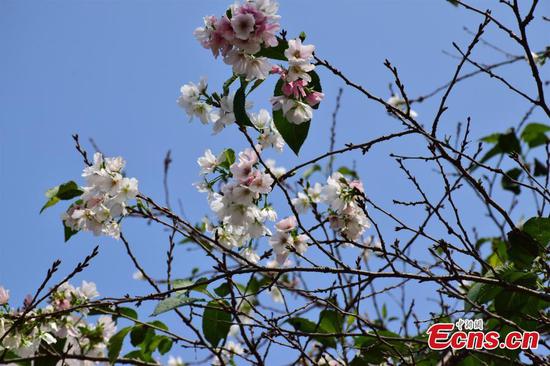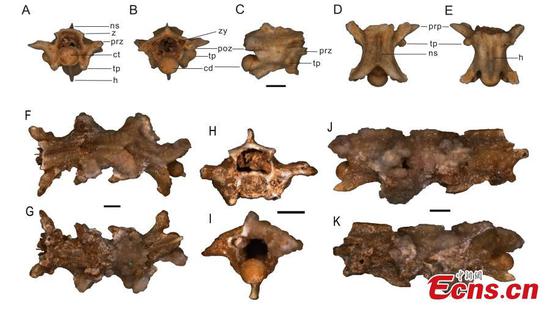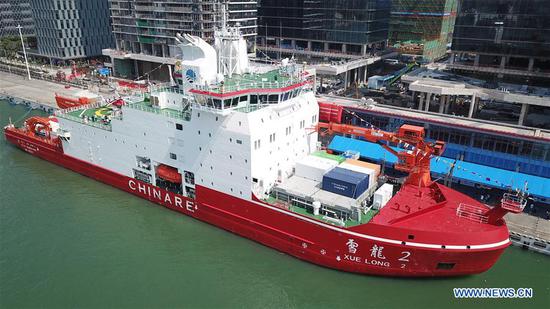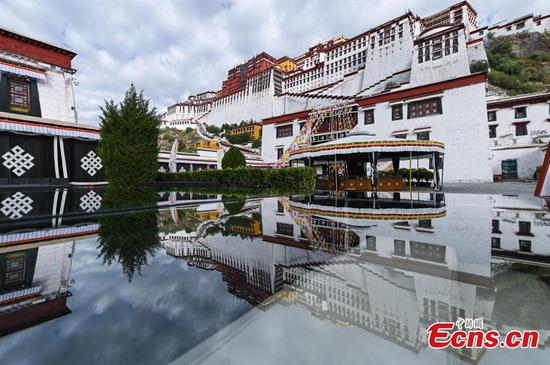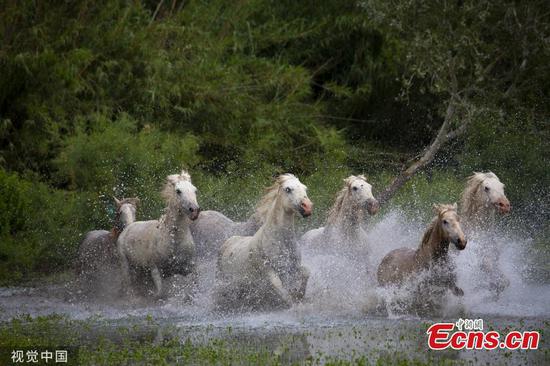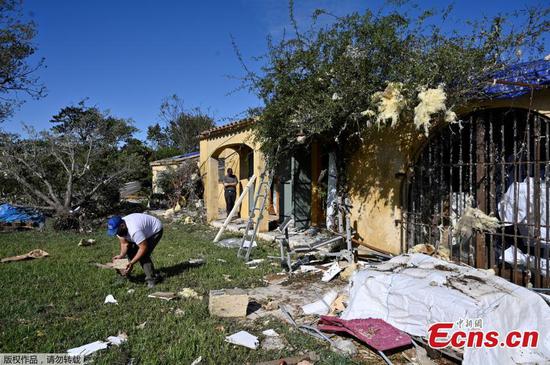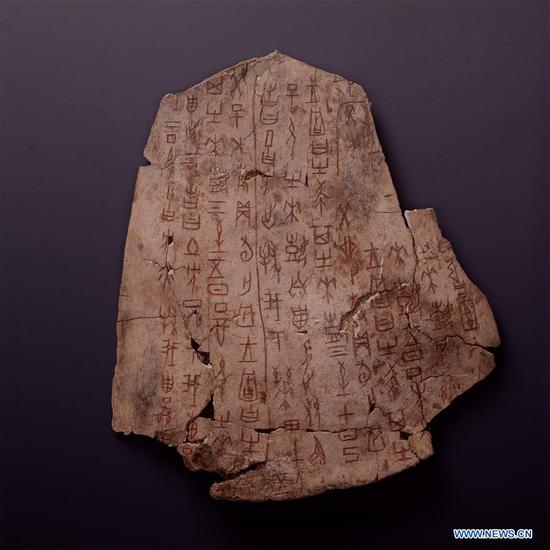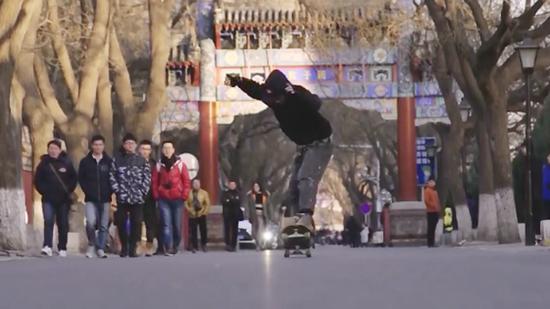The passage of a Hong Kong-related bill by the U.S. Congress, which was a pure interference in China's internal affairs, unveiled the political intentions of those in the U.S. government to weaken China, the international community has said.
The U.S. House of Representatives on Tuesday passed the so-called Hong Kong Human Rights and Democracy Act of 2019 -- moving it a step closer to becoming a law -- which would mandate an annual review to assess whether the Chinese city has sufficient autonomy.
The U.S. government is giving "false signals of assurance and support" to violent protesters in China's Hong Kong, Sourabh Gupta, a senior fellow at the Washington-based Institute for China-America Studies, told Xinhua in a written interview.
"With regard to the U.S. role, it has been deeply unhelpful," Gupta said.
"The real problem has been the U.S. veiled intentions: to first stir the pot, and thereafter to fan the flames of protest by providing oxygen to the worst political and militant elements within the protest movement," he said.
William Jones, Washington bureau chief of U.S. publication Executive Intelligence Review, called such a move of the U.S. Congress a pure "interference in the affairs of China."
"Many of the activists will be encouraged by this 'support', but if they continue with their destructive vandalism, I think opinion in Hong Kong will turn against them if it hasn't already," Jones said.
The U.S. bill is "a very prejudicial bill against China and the authorities in Hong Kong," Richard Becker, west coast coordinator of the U.S.-based civil rights group Act Now to Stop War and End Racism, said recently at a conference titled "The U.S. Role in Hong Kong: Behind the Headlines" in San Francisco, U.S. state of California.
"This bill is not based on the objective situation. It's based on the political will of those in Congress and in the White House," Becker said.
"The so-called 'democracy movement' in Hong Kong must be seen in this light as an integral part of a strategy to weaken, and even to break up China," he said.
Eduardo Regalado, a researcher at Cuba's Center for International Policy, said that the bill is "a pure interference and disrespect for the international law and relations."
"The United States has double standards on human rights and criticizes only what is convenient for it," Regalado said, adding that the bill reflects U.S. intention to restrain China's development.
Ahmed Gusau Bala, former consul general of Nigeria to Hong Kong, recalled having a "memorable experience" in the Chinese city during his tour of duty there.
Noting that the Hong Kong people often go about their businesses peacefully, Bala said he was shocked to know that the "beautiful place" where he enjoyed working and lived happily was plunged into an "unfortunate situation" shortly after he ended his duty.
Every nation, including China, deserves to guard its own sovereignty, he said, emphasizing that China has all it takes to end the ongoing violence in Hong Kong.
"If some foreign governments or media are taking sides, then I think it is rather unfortunate," as foreign interference in the matter might slow down the peace process, he added.









